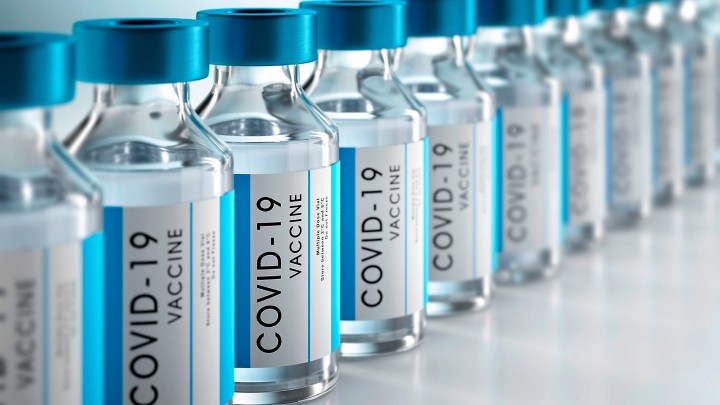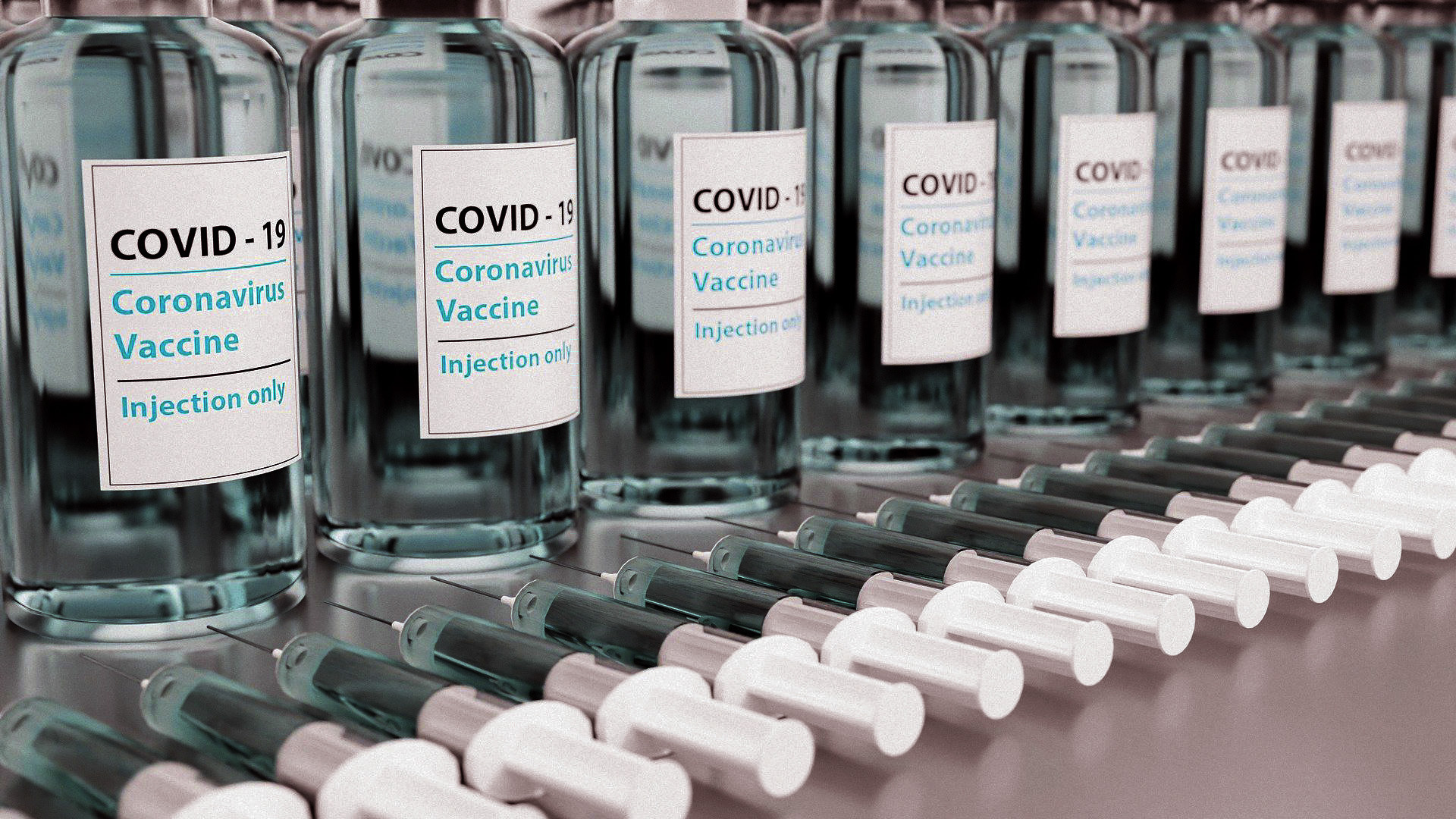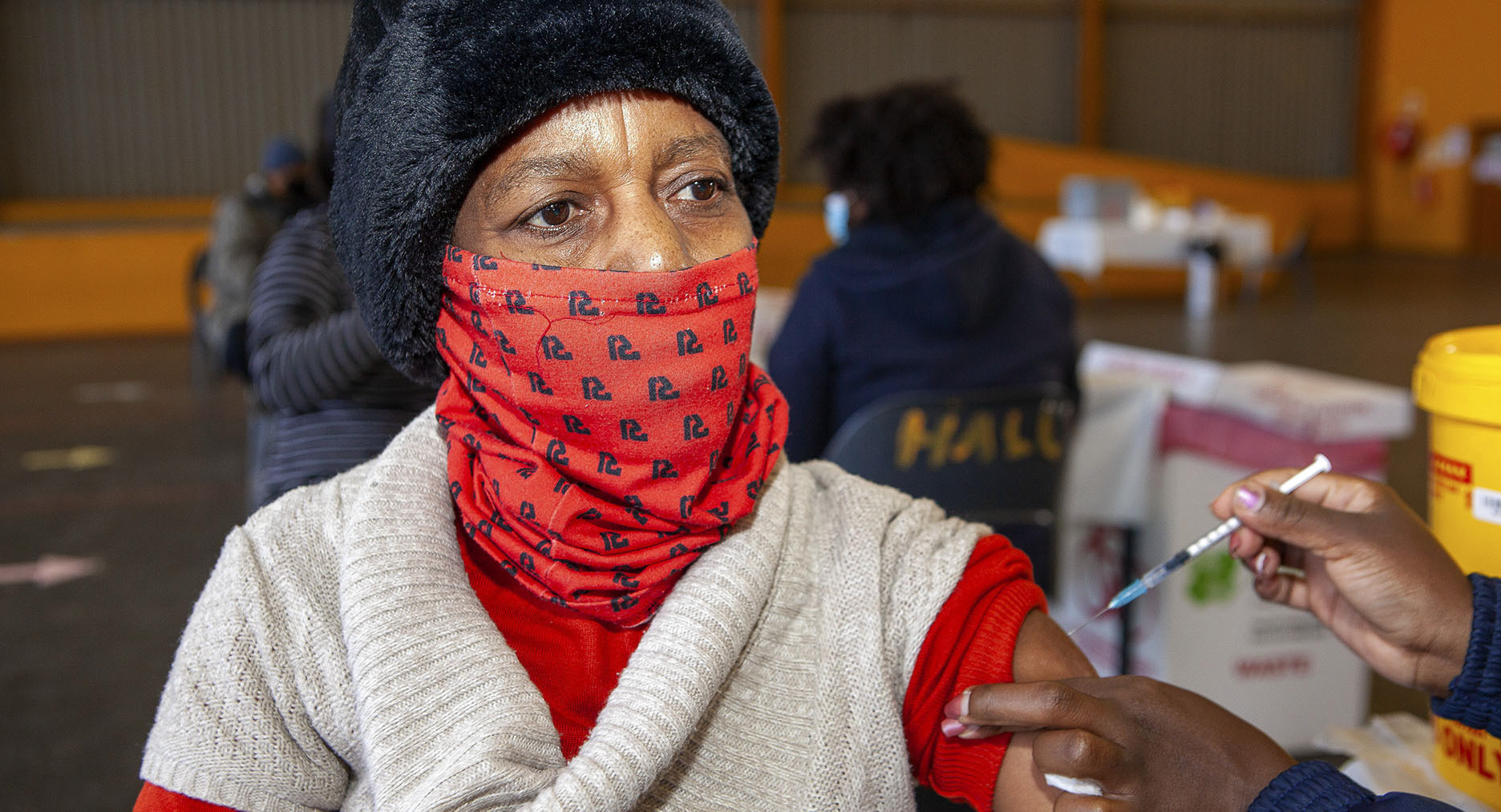VIRAL JUSTICE OP-ED
Why not supporting the TRIPS Covid-19 waiver contravenes international human rights

While more than 100 states support the proposal, powerful ones such as Canada, Germany, Japan, Norway, Switzerland and the UK, as well as the European Union, still do not, and may continue to prevent its adoption by consensus.
On 18 January 2021, the director-general of the World Health Organization (WHO) warned that the world was on the brink of a “catastrophic moral failure” if wealthier nations did not ensure the equitable distribution of vaccines to combat the SARS-CoV-2 pandemic.
Yet, more than 10 months later, not much has changed. The iniquitous global maldistribution of Covid-19 vaccines persists and is now widely acknowledged as constituting “vaccine apartheid”.
Without universal equitable access to vaccines, everyone in the world remains vulnerable to the ravages of SARS-CoV-2. However, as with most calamities, due to existing inequalities and systems of disadvantage, Covid-19 has particularly severe consequences in the Global South and specifically for women of colour living in poverty, as well as the elderly, and people with disabilities and other vulnerabilities.
The TRIPS Covid-19 waiver proposal
Attempting to mitigate against vaccine apartheid and its devastating impacts, on 2 October 2020, India and South Africa proposed to the World Trade Organization (WTO) a temporary waiver from certain provisions of the Agreement on Trade-Related Aspects of Intellectual Property Rights (TRIPS Agreement) in relation to Covid-19 medical products (revised on 21 May 2021).
A waiver would be a vital step for expediting the scale-up of the manufacture and provision of Covid-19 medical products. It would remove the legal barriers at the international level that currently prevent cross-border cooperation in capacity-building and generic manufacture of Covid-19 medical products. In the short and medium term, a waiver would facilitate both production of generics (for those members with manufacturing capacity prepared to manufacture sufficient quantities of the products, such as India) and their export to countries in need (such as those with limited and no manufacturing capacity).

The director-general of the World Health Organization warned in January 2021 that the world was on the brink of a ‘catastrophic moral failure’ if wealthier nations did not ensure the equitable distribution of Covid-19 vaccines. (Photo: nicd.ac.za/Wikipedia)
More specifically, members could address all existing intellectual property barriers that relate to producing generics, including trade secrets, copyrights and cell lines. Members would also be able to simplify the procedures for using compulsory licences as well as for exporting and importing generics. Not least, the waiver would remove the threat of retaliation between member states for issuing compulsory licences, exporting to countries in need or engaging in cross-border cooperation by excluding the possibility of a WTO dispute settlement.
While more than 100 states support the proposal, powerful ones such as Canada, Germany, Japan, Norway, Switzerland and the UK, as well as the European Union, still do not support the proposal, and may continue to prevent its adoption by consensus. Yet, as pointed out by international human rights defenders including Amnesty International, ESCR-net and United Nations (UN) human rights experts, the international human rights to health and life demand an equitable distribution of Covid-19 medical products.
The emergence (on 26 November) of a new SARS-CoV-2 variant (Omicron) was predicted, and would have been avoidable had everyone gained swift access to Covid-19 vaccines. It has highlighted the pressing need for WTO members to reach consensus in support of the proposal.
Responding to the announcement of Omicron, the WTO cancelled the 12th Ministerial Conference (MC12) that was scheduled for 30 November to 2 December in Geneva. Surprisingly, the members declined to meet virtually despite this urgency. However, the TRIPS Council will meet this week to discuss how to deal with the waiver proposal.
The international human rights law dimensions
International human rights treaties, including the International Covenant on Economic, Social and Cultural Rights (ICESCR) and the International Covenant on Civil and Political Rights (ICCPR), guarantee critical rights and multilateral obligations of international cooperation, and establish associated obligations that apply to life-saving vaccines.
Article 12 of the ICESCR guarantees everyone’s right to the highest attainable standard of physical and mental health. Article 12(2)(c) creates explicit obligations to prevent, treat and control epidemic diseases; and Article 12(2)(d) specifies that State Parties have an obligation to create conditions to ensure all people have access to medical service and medical attention.
Article 6 of the ICCPR establishes a right to life, which, as clarified by the UN Committee on Civil and Political Rights in its General Comment 36 on the right to life, requires States Parties to (i) take appropriate measures to address the prevalence of life-threatening diseases; (ii) take measures to ensure access without delay by individuals to essential healthcare; and (iii) develop strategic plans for advancing the enjoyment of the right to life.

Activists from around the world continue to rally for a TRIPS waiver that will make life-saving vaccines more accessible to everyone. (Photo: EPA-EFE/Shawn Thew)
While international human rights law (IHRL) primarily binds a States Party regarding actions in its own country, Article 2(1) of the ICESCR establishes a broader, multilateral obligation of international cooperation and assistance in achieving the full realisation of Covenant rights, including not only financial resources, but also access to relevant technology.
In this regard, on 23 April 2021, the UN Committee on Economic, Social and Cultural Rights issued a statement on universal affordable vaccination for Covid-19, international cooperation and intellectual property in which it clarifies that States Parties are obliged to support efforts to make affordable vaccines available globally, in an equitable manner, including through the proposed TRIPS waiver.
And, on 19 October 2021, the UN Office of the High Commissioner for Human Rights issued a communique that not supporting the TRIPS waiver contravenes IHRL, stating that “States have a collective responsibility to use all available means to facilitate faster access to vaccines, including by introducing a temporary waiver of relevant intellectual property rights under [TRIPS], to ensure that protection of patents concerning the vaccines does not become a barrier to the effective enjoyment of the right to health”.
Mobilising IHRL in support of the TRIPS waiver proposal
All non-supporting states mentioned above have ratified the ICESCR and ICCPR and are thus legally bound to their IHRL obligations. To defend the rights to health and life in the face of continued opposition by powerful states and interests, including pharmaceutical companies, an activist movement we are part of has mobilised IHRL to advocate for support of the TRIPS Covid-19 waiver.
This movement includes a collaboration of global, regional and domestic human rights, social justice and public health organisations we are part of, as organised through four international organisations: ESCR-net, Global Network of Movement Lawyers (GNML) at Movement Law Lab (MLL), International Network of Civil Liberties Organizations (INCLO) and People’s Vaccine Alliance.
The movement has highlighted that, especially in respect of access to Covid-19 drugs during the pandemic, IHRL should be prioritised over intellectual property and trade-related law. In line with the multilateral obligations of States Parties to the ICESCR and ICCPR, it underscores that the failure of states to support the TRIPS Covid-19 waiver proposal contravenes their IHRL obligations. And it maintains in relation to vaccine apartheid, that these failures are so egregious as to demand a justiciable remedy in domestic courts (such as in Canada, Germany, Japan, Norway, Switzerland and the UK) to ensure equitable access to Covid-19 medical products and technologies for the benefit of everyone in the world, including the populations of wealthy countries (in terms of the reality that no one is safe until everyone is).
In particular, to ground the argument of domestic justiciability against non-supporting states, the movement has three arguments. First, that the obligation to perform international treaty obligations in good faith, the principle of pacta sunt servanda (as affirmed in the 1969 UN Vienna Convention on the Law of Treaties), constitutes a peremptory norm of international law. Second, that international cooperation for the protection of the rights to life and health may be recognised as a component of customary international law. And third, that the rights to life, health and non-discrimination within domestic law must be interpreted in accordance with a state’s IHRL obligations, including obligations of international cooperation.
Based on these arguments, the movement has undertaken rolling advocacy to increase support for the TRIPS Covid-19 waiver proposal, starting with a complaint to the UN and regional UN Special Procedures requesting that urgent appeals be sent to states and to several of the largest pharmaceutical corporations calling on them to comply with their human rights obligations and to not block equitable distribution and production of vaccines.
Arising from this request, on 19 October 2021, six UN Special Rapporteurs sent a total of 44 letters to G7 and G20 states, the European Union and the WTO, as well as pharmaceutical companies that are already producing or are preparing to produce Covid-19 vaccines and their home states. The letters call for urgent collective action to achieve equal and universal access to Covid-19 vaccines. And they ask the WTO about accountability measures “for member states that might not act in good faith… and [thereby] undermine the right of people to get access to equitable, affordable, fair, safe, timely and universal access to Covid-19 vaccines, medicines, health technologies and therapies”.

International human rights treaties guarantee critical rights and multilateral obligations of international cooperation, and establish associated obligations that apply to life-saving vaccines. (Photo: Gallo Images/Papi Morake)
On 25 October 2021, the movement filed an urgent action appeal to the UN Committee on the Elimination of All Forms of Racial Discrimination related to the “Immediate and long-term damage of entrenching racial discrimination caused by failures by certain states… to take measures to ensure equitable global access to and distribution of life-saving Covid-19 vaccines and other healthcare technologies”.
And as a further initiative, on 8 November 2021, the movement publicised an expert legal opinion signed by 135 leading jurists to draw attention to the IHRL obligations to support the waiver.
Finally, litigation teams in several countries are preparing coordinated claims that may be filed in domestic courts to hold governments accountable to these fundamental human rights obligations.
Through such mobilisation, our movement calls on all countries to support the waiver proposal, and to ensure it is adopted as soon as possible. Failure to support the proposal is not only a catastrophe for the protection of the rights to life and health globally, but also for the integrity of the international rule of law and multilateral institutions. DM/MC
A shorter version of this article was originally published on 29 November 2021 on OpenGlobalRights.
Jackie Dugard is Associate Professor of Law, University of the Witwatersrand. Franziska Sucker is Associate Professor of Law, University of the Witwatersrand. Bruce Porter is Executive Director, Social Rights Advocacy Centre, Canada. Jamie Burton QC is a barrister and Chair of Just Fair, UK.
[hearken id=”daily-maverick/8881″]
"Information pertaining to Covid-19, vaccines, how to control the spread of the virus and potential treatments is ever-changing. Under the South African Disaster Management Act Regulation 11(5)(c) it is prohibited to publish information through any medium with the intention to deceive people on government measures to address COVID-19. We are therefore disabling the comment section on this article in order to protect both the commenting member and ourselves from potential liability. Should you have additional information that you think we should know, please email [email protected]"



















 Become an Insider
Become an Insider